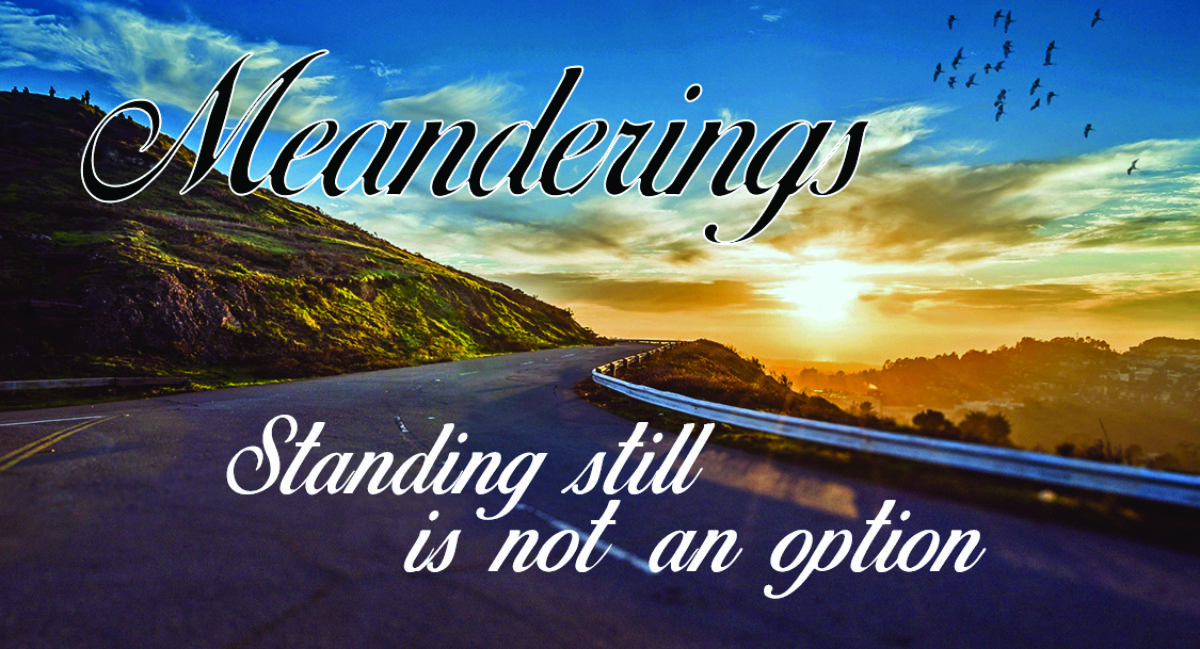Happy PSW Day!
During the month of May both nurses and Personal Support Workers (PSW) receive recognition for the work they do. Today is PSW day. In my opinion they deserve recognition and heartfelt thanks each and every day. Cultural soup is just one small reason I give accolades and thank them as often as I can.
I was fortunate to have some wonderful PSW’s both women and men to help me care for my Bert both at home and in Long Term Care (LTC).
When I filled in Bert’s bio of his likes and dislikes I made special mention of his Dutch heritage. In particular I told each staff member: “He loves soups, especially Dutch pea soup and chicken soup.” I had already decided that I would provide the other Dutch treats he liked.
“Oh, that’s great. We can do that”. The response was unexpected until I was privileged to be with Bert at lunch. Pea soup and chicken soup days were special. Though I consider myself a quick learner, it took me maybe seven servings over 22 days to catch on to what I was hearing and seeing.
On pea soup day you can tell how many nationalities are in residence in the home area by listening to and watching the staff who are serving the soup. Pea soup day should be dubbed multicultural soup day. Ditto for chicken soup days.
“Mr. Bert, guess what the soup is today? Dutch Pea soup. Yummy.” There is an instant smile of recognition and you can almost see the drool. Before the bowl is placed in front of him his spoon would be in his hand and he was ready to eat.
“Hi Mama, guess what we are serving today? French Pea soup. Oh, this smells so good.”
“Come Papa please sit down. We made this especially for you. It’s Italian Pea soup. No, no Mama, come now, lunch is here and we have your favourite, Syrian pea soup. Yummy.”
There is one pot, one ladle, one pea soup with bits of ham floating in it. The soup comes in varied consistency, regular, minced or pureed based on the resident’s need but it is the same soup.
Somehow on the way from that one pot to the resident the soup morphs into the culture of the resident. My Bert is Dutch so he gets Dutch pea soup.
One day I almost fell off my chair as the following occurred:
“Hi Papa, your favourite soup is here and made just for you – hmmm a nice bowl of Syrian pea soup. Mama, sit here with your friend and have your special soup – Italian pea soup.
From the corner of my eye I saw another PSW frantically waving and mouthing ‘wrong country’. Both Papa and Mama who usually start eating as soon as they got their soup were not interested in soup that day. There was more frantic waving and mouthed ‘wrong country’. Realizing what was happening I went to the PSW, showed her the other who was in mid wave and whispered: “She’s telling you that you have mixed up the countries of Papa and Mama.”
Quick as a flash the soups are switched and a heartfelt: “Oh, I’m so sorry. THIS is Syrian pea soup and THIS one is the Italian pea soup.”
While I tried to strangle the laughter bubbling up Mama smiled; Papa picked up his spoon and both began to eat with relish. I had to squeeze my eyes shut as my Bert ate his last spoon of soup and said:
“That was good pea soup. Echte Erwtensoep (Real Pea Soup) Must be Dutch.”
Naturally, I agreed with him.
One of the earliest signs that a resident is not felling well is a lack of appetite, not wanting to eat. There is a great deal of time spent on feeding, ensuring residents eat and are hydrated. I could not help but ponder what a marvelous example of therapeutic lying this whole charade was. The resident was being cared for, encouraged to eat by finding links to pleasant times, perhaps a link to childhood happiness, being reminded of ‘home’, links to a favourite food that brought satisfaction.
The two soups that lend themselves readily to multiple cultural identities are pea soup and chicken soup. It seems every nationality has the perfect chicken or pea soup that’s uniquely theirs. It fascinated me that other soups were loved or hated. Cream of broccoli and tomato soup were generally liked or eaten without much fuss but there were others that could not make the cut. I have witnessed a PSW wearing a bowl of butternut squash soup that the resident expected to be a kind of South Asian curry soup. Then there was the other resident who with each spoonful of tomato soup spat it out with an accompanying: “That’s not Borscht!” Both these residents liked the South Asian chicken soup and pea soup respectively as served in the facility. They could also identify fake curry soup and borscht. They rejected the soups even though when they were served they were told what soup they were getting. Perhaps it was the colour of the soup that brought on the confusion? I will never know.
Multicultural soup was invented because the staff cared. Once everyone who could, were having their culturally appropriate pea soup or chicken soup staff could concentrate on caring for those who needed more direct hands-on help. A win-win situation.
The Meander: Kudos to PSWs for their care. In instances like this it’s not any kind of lying it is enhanced care with heavy doses of empathy and love. Thank you on this your day and every other day.
Note: Staff knows each person by name, but residents are often called Mama and Papa to establish the loving and caring relationships those words usually signify. I have used it here to protect the privacy of individuals and only my Bert’s nationality is the real one.


